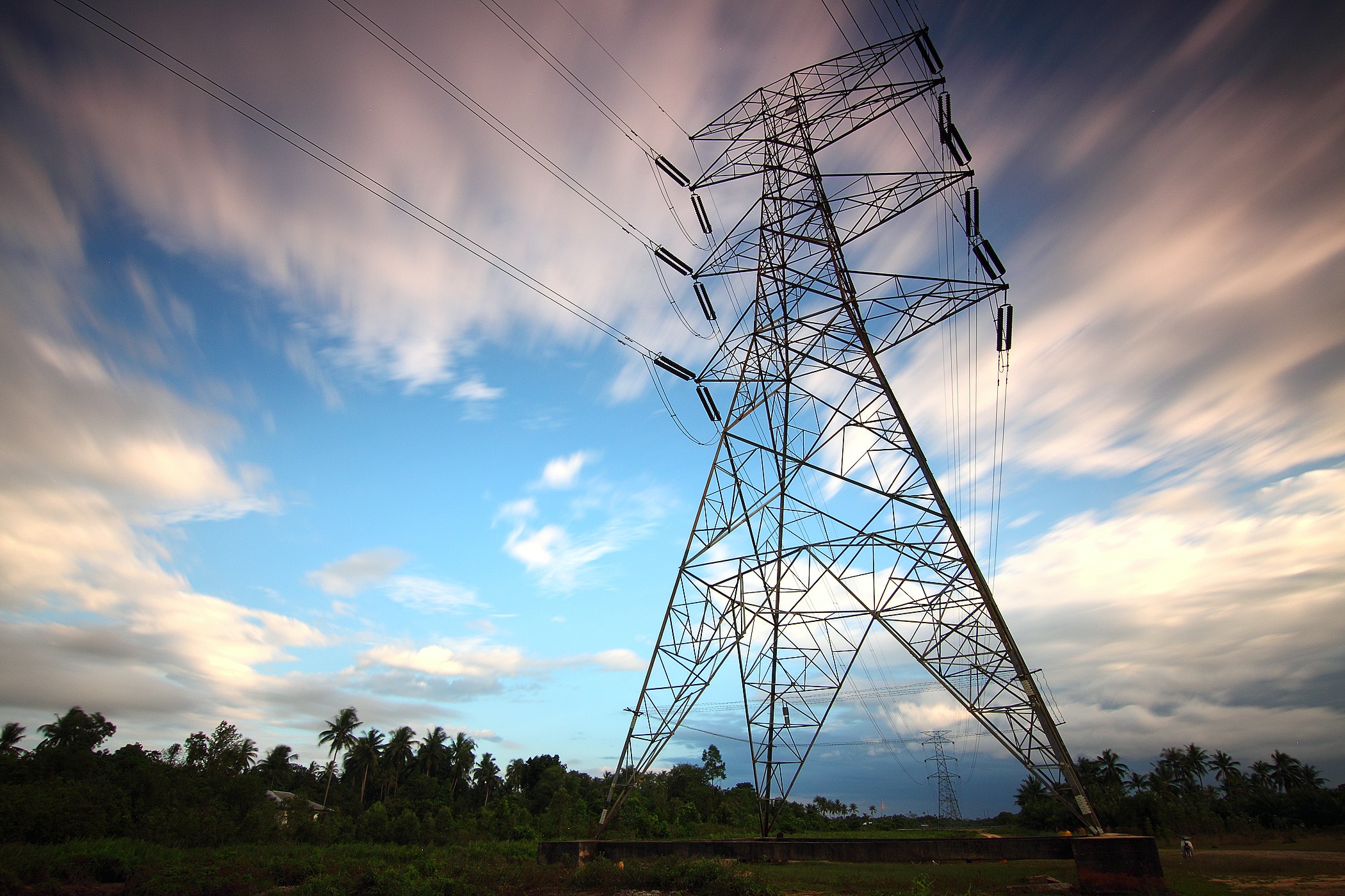Hybrid microgrids to help power the energy transition
Press Release -
ICONS leads the communications of the TIGON project, working for a low-carbon, climate-resilient future
The new project – TIGON – is set to demonstrate how direct current microgrids (DC) can help make the EU’s electricity grids greener, more efficient and more resilient as the world turns to renewable energy.
Most grid infrastructure is based on alternating current (AC) as this works out easier when it is necessary to raise the signal to reach high voltages in the transmission stage. But with the rise of renewable energy, which tends to be generated and used locally, a shift away from a centralised model of electricity grid management is occurring.
Most popular renewable energy sources generate direct current output, either directly or through a power converter. As they are intermittent, their power has to be stored in batteries – again in DC. Furthermore, most modern electrical equipment such as laptops, mobile phones and LED lighting operate on DC. The question then arises: how do we draw on legacy AC grid infrastructure while generation and consumption are increasingly DC? TIGON aims to make a business case for advanced hybrid microgrids.
New technologies can enable local DC infrastructure to better integrate renewables and store electricity. TIGON’s international team will develop a set of flexible software and hardware solutions and demonstrate them on two medium- to low-voltage microgrids in France and Spain. Two additional sites – in Bulgaria and Finland – will apply the findings of the demonstration cases, acting as niche markets to test replication potential.
“Over the next four years, ICONS will work on communicating and disseminating TIGON’s results, tailoring its strategies to the different stakeholders and enablers for widespread roll-out”, says Mark Thompson, ICONS project manager and communication leader of TIGON. “We have an ambitious mission in this project and we’re looking forward to rising to the challenge while contributing to the EU’s broader policy of building a low-carbon, climate-resilient future”.
For more information: www.tigon-project.eu
Media contact: Mark Thompson, ICONS mark.thompson@icons.it
This project has received funding from the European Union’s Horizon 2020 research and innovation programme under Grant Agreement N° 957769
